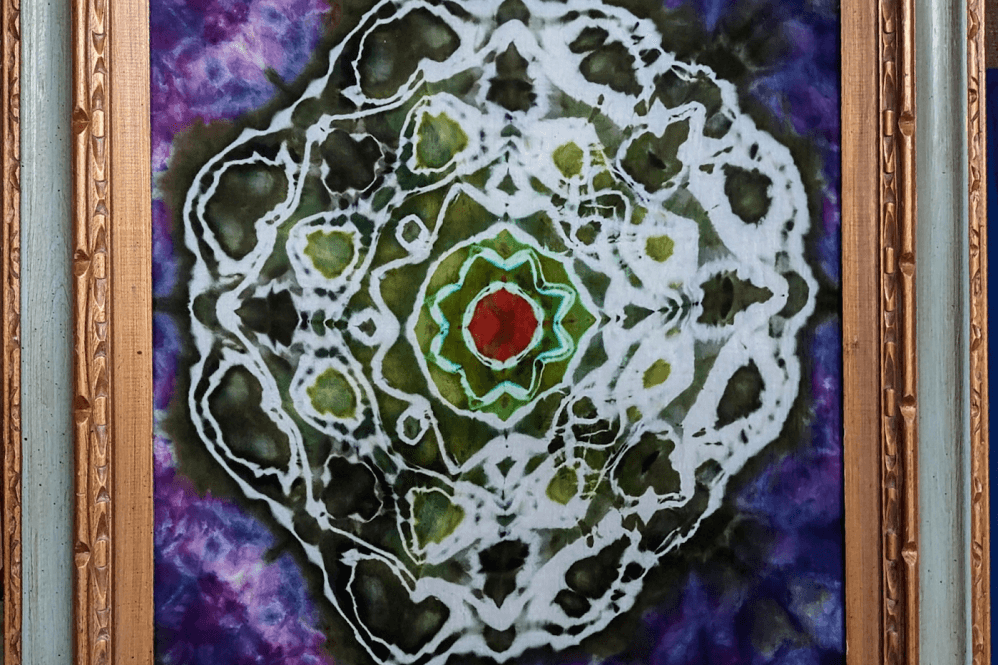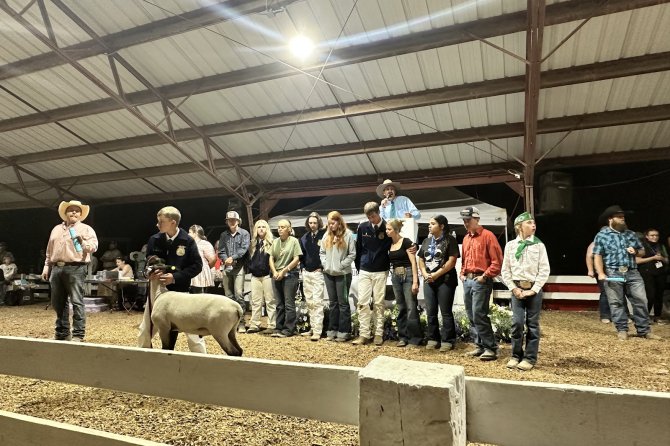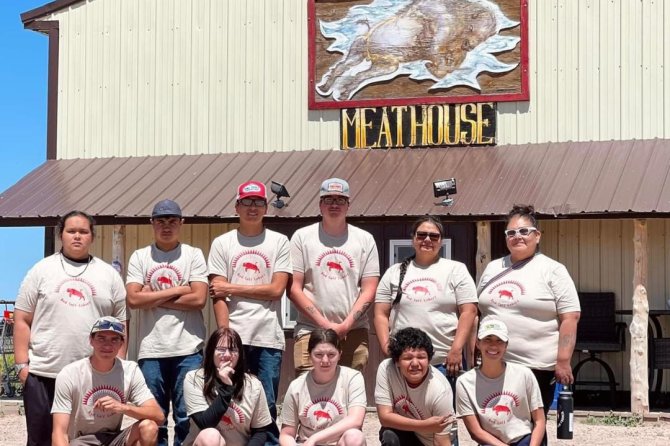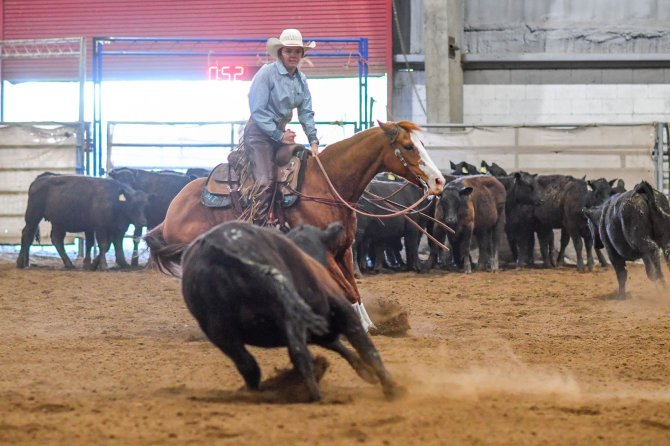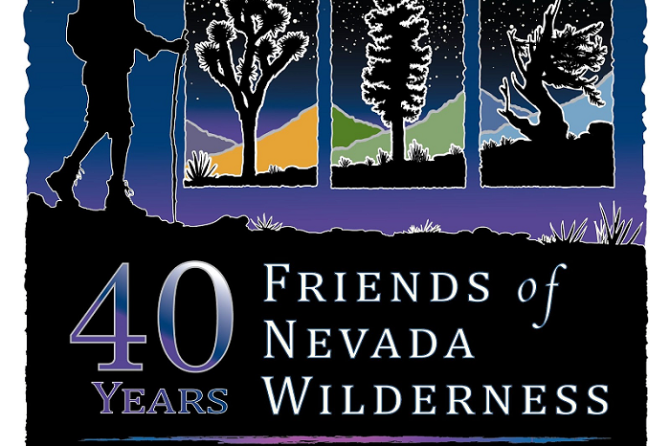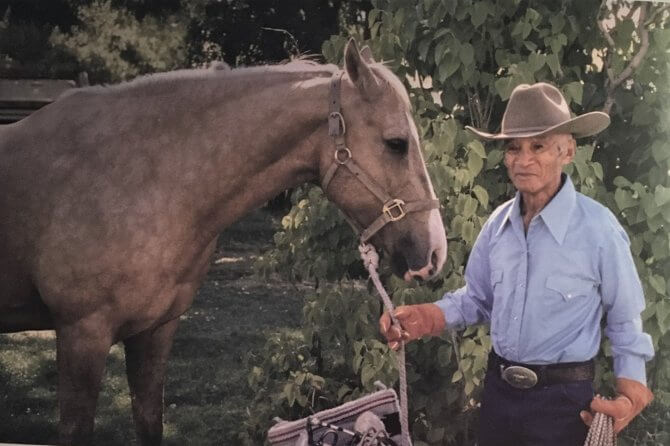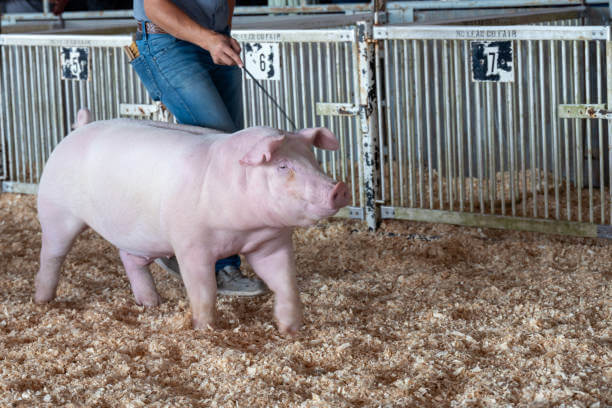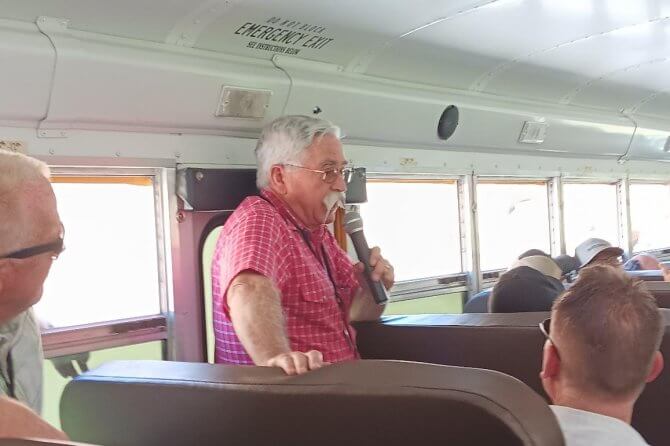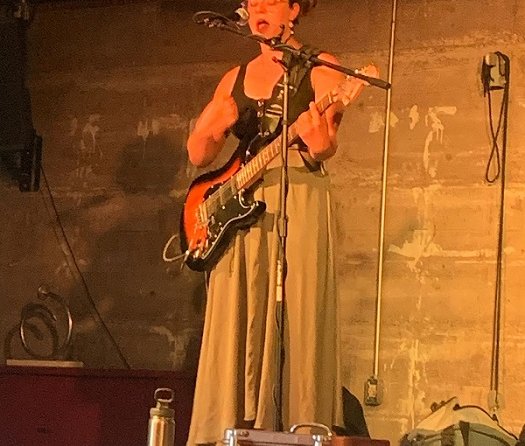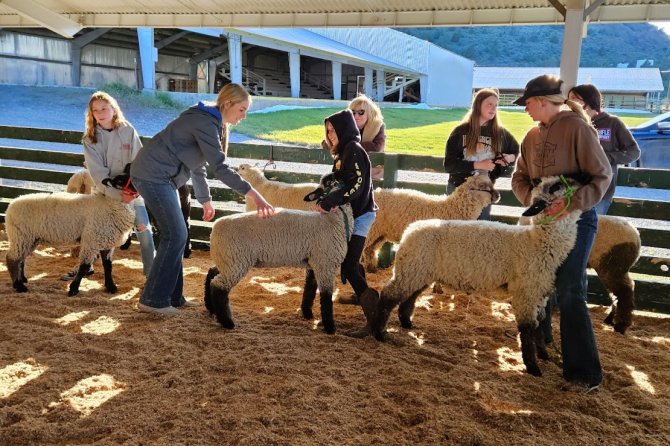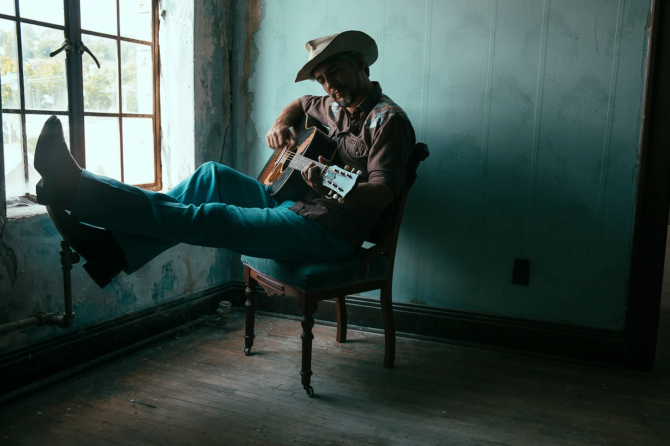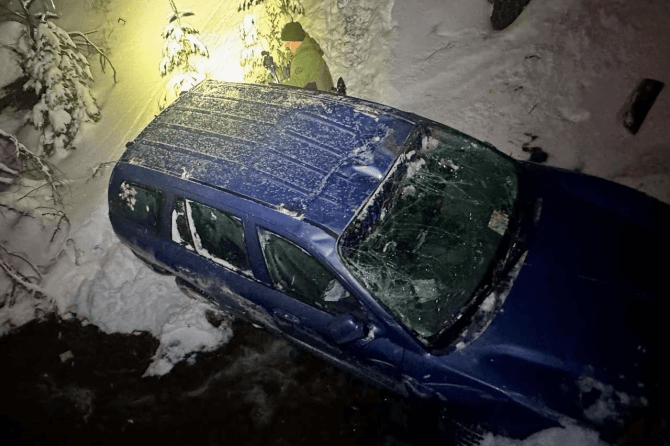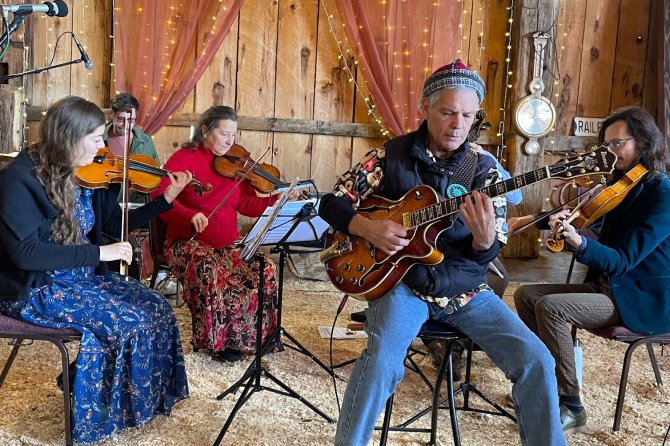Andrés Tobar Restrepo, Corn Harvest Made from Bird Songs, 2024
Norma Karrasch, Untitled, 2024
Studio 540, Modoc County’s premier contemporary art gallery, will present two concurrent exhibitions Norma Karrasch: Wyldeflower Dyes and Andrés Tobar Restrepo: Campesino Fractal, from August 2 to September 1, 2024. There will be a public opening on August 2 from 6 to 8 pm. Gallery hours: Friday – Monday 1-4 pm, or whenever the doors are open. Or by appointment: text Nick at 415-350-0994.
Tie-dye is an ancient technique for creating patterns and imagery on fabric. As the name implies, it involves tying the fabric and then dying it, while tied, to create spectacular arrays of radiant color. Tie-dye dates back over one thousand years to the bandhani technique used in India, examples of which are represented in the paintings of the life of the Buddha in the Ajanta caves, c. 6 th century AD. The term bhandani derives from the Sanskrit verbal root bandh which means “to bind” or “to tie.”
From India, tie-dye spread throughout Southeast Asia, developing especially in the Indonesian archipelago in the forms called jumputan and tritik. Another ancient, yet still-practiced form of tie-dye is kokechi shibori, which originated in Japan in the 7 th century AD and became especially popular in the Edo Period (17th – 19th century).
Although its origins in the United States are unclear, there is speculation that its popularity arose from the encounters of Peace Corps volunteers in West Africa with the extraordinary indigo tie-dyed textiles, known as adire, from the Kofar Mata tie-dye workshop in Kano, Nigeria.
In the late-1960s tie-dye was further popularized by musicians such as Jerry Garcia, Janis Joplin, and John Sebastian (who did his own tie-dying). Tie-dye became synonymous with psychedelia and the utopian ideals of the hippie movement.
For this exhibition, Karrasch will focus on tapestries and tie-dyes incorporating antique frames. Her large-scale works exploit the optically vibrant character of tie-dye to create astonishingly animated and vivid abstractions. For the smaller, framed works, Karrasch creates a compelling tension between the decorative boundaries of the found frames and the expansive, limitless feeling of the tie-dyes themselves. This works in this exhibition, all made within the past year, capture the artist’s mood of optimism and joy.
Andrés Tobar Restrepo’s exhibition consists of a single painting, a work he created recently at his small farm in the mountains of northern Colombia. Restrepo’s art celebrates country life, expressing a feeling of wonder at the beauty and mystery of nature. The fractal, mandala-like forms of his paintings also convey a deeply spiritual sensibility.
The painting on view in this exhibition is titled, “Corn Harvest Made from Birdsongs.” About this work, Restrepo wrote, “Sounds that become clouds, fog that weaves between the mountains accompanying the work of the corn harvest. The joy of growing one’s own food becomes a ceremony amidst the song of birds.” Although Restrepo lives thousands of miles away in Latin America, his observations about the corn harvest will be familiar to ranchers in Modoc County who bring in the hay beneath the guttural cries of the migrating Sandhill cranes.
This is Restrepo’s first exhibition in the United States.

